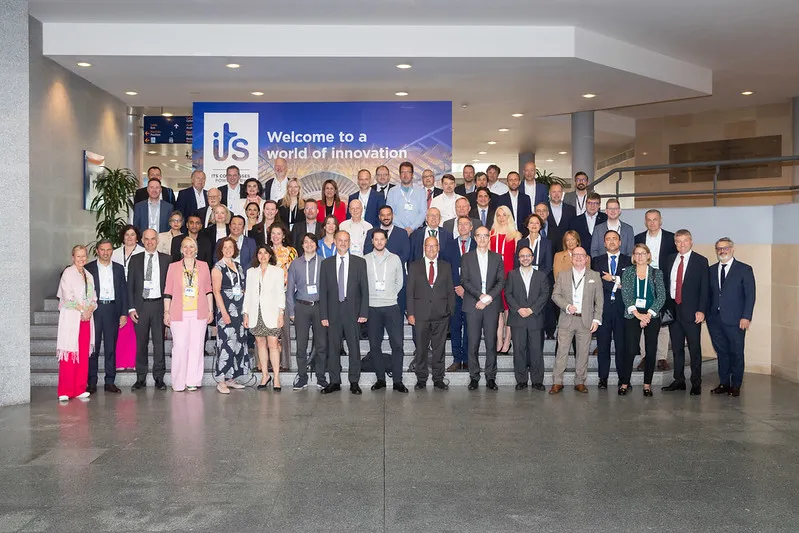The European Parliament is to adopt the ‘Towards a Digital Single Market Act’ as a follow-up to the digital single market strategy for Europe presented by the Commission. The report emphasises the need for the EU to embrace the potential of the information and communications technology (ICT) sector to digitise the industry and maintain global competitiveness.
Jacob Bangsgaard, FIA Region I director general said: “Mobility-related applications will in the coming years have a tremendous impact on the way
January 20, 2016
Read time: 2 mins
The European Parliament is to adopt the ‘Towards a Digital Single Market Act’ as a follow-up to the digital single market strategy for Europe presented by the Commission. The report emphasises the need for the EU to embrace the potential of the information and communications technology (ICT) sector to digitise the industry and maintain global competitiveness.
Jacob Bangsgaard,8054 FIA Region I director general said: “Mobility-related applications will in the coming years have a tremendous impact on the way we move, navigate and get informed during our travels. It is essential that European legislation on data protection ensures that we retain the ownership of personal data also when this data is collected by the transport mode we use. Consumers should always have the possibility to choose their preferred service provider, and not be trapped within a certain ecosystem of one provider.
“We invite the EU to use the Digital Single Market as an opportunity to define robust data protection regulation ensuring that consumers fully benefit from the connected world. We should always make sure that the citizens decide by whom and under which conditions their personal data can be used.”
Within the legislation, FIA Region I especially welcomes the European Parliament’s call to “develop a coordinated strategy on connectivity in the transport sector and, in particular, to establish a regulatory framework for connected vehicles to ensure interoperability with different services, including remote diagnostics and maintenance, and applications in order to uphold fair competition and to satisfy a strong need for products which comply with cyber-security and data protection requirements, but also to ensure the physical security of passengers”.
FIA Region I’s My Car My Data campaign is currently being carried out throughout Europe, based on a technical test and public survey on connected cars. FIA says the results of these enquiries indicate a clear disconnect in what is being tracked and what citizens are willing to accept when it comes to car data. It claims that not only strong data protection, but informed consent and free choice of service providers need to be addressed.
Jacob Bangsgaard,
“We invite the EU to use the Digital Single Market as an opportunity to define robust data protection regulation ensuring that consumers fully benefit from the connected world. We should always make sure that the citizens decide by whom and under which conditions their personal data can be used.”
Within the legislation, FIA Region I especially welcomes the European Parliament’s call to “develop a coordinated strategy on connectivity in the transport sector and, in particular, to establish a regulatory framework for connected vehicles to ensure interoperability with different services, including remote diagnostics and maintenance, and applications in order to uphold fair competition and to satisfy a strong need for products which comply with cyber-security and data protection requirements, but also to ensure the physical security of passengers”.
FIA Region I’s My Car My Data campaign is currently being carried out throughout Europe, based on a technical test and public survey on connected cars. FIA says the results of these enquiries indicate a clear disconnect in what is being tracked and what citizens are willing to accept when it comes to car data. It claims that not only strong data protection, but informed consent and free choice of service providers need to be addressed.










